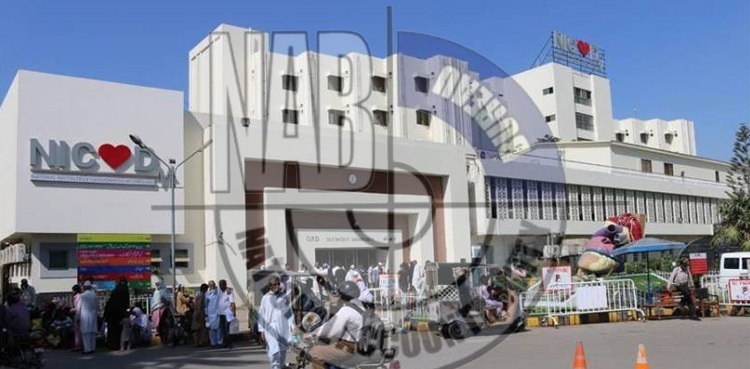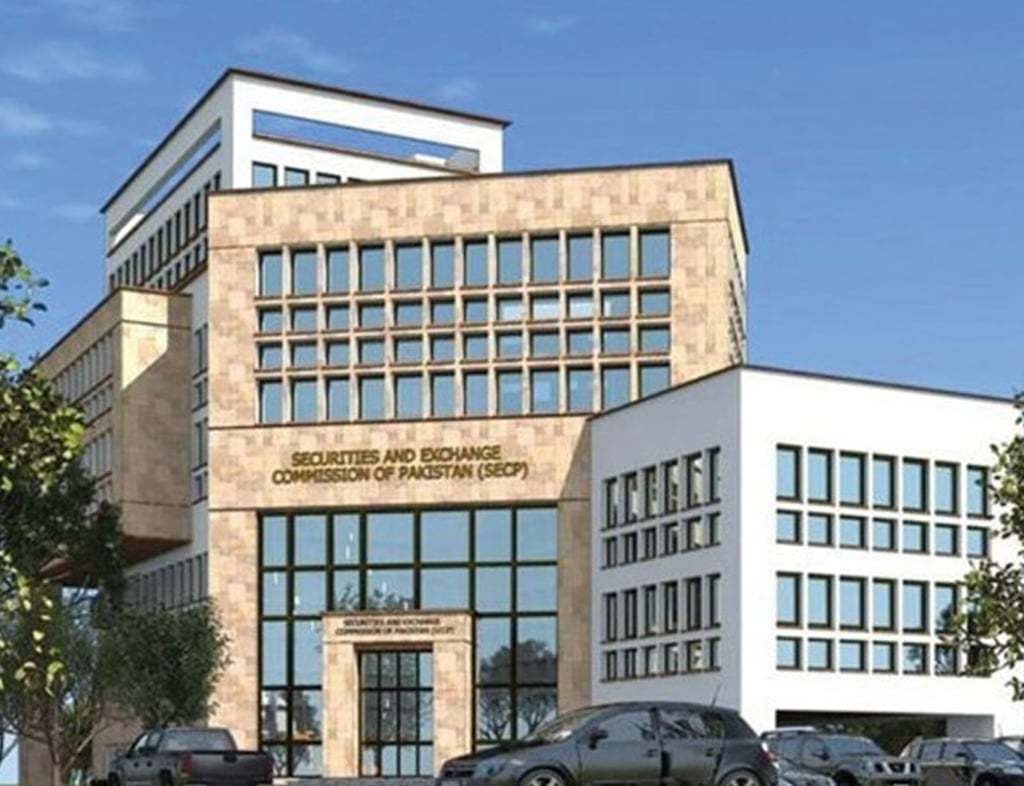The National Accountability Bureau (NAB) has issued a formal notice to the officials of the National Institute of Cardiovascular Diseases (NICVD) as part of an investigation into a corruption case estimated at Rs 4 billion. This move underscores the ongoing efforts of Pakistan’s anti-corruption body to address high-profile cases of financial misconduct within public institutions.
The NAB’s notice to NICVD officials marks a critical step in the investigation of alleged corruption within one of Pakistan’s prominent healthcare institutions. The notice requests NICVD’s administration to submit comprehensive records and appear before the bureau for questioning. The records sought include detailed documentation of recruitments, procurement activities, and salary disbursements.
The allegations against NICVD officials are serious and multifaceted. They include accusations of embezzlement of significant funds, illegal recruitment practices, and misuse of institutional salaries. These allegations suggest a systematic breach of financial and administrative protocols within the NICVD, raising concerns about the integrity of the institution’s operations.
In response to the NAB’s notice, NICVD has expressed its commitment to transparency and cooperation with the investigation. The institution’s spokesperson has confirmed that NICVD is fully cooperating with the NAB and has already provided a letter outlining its stance on the matter.
Moreover, the NICVD administration has taken proactive measures to address the issue internally. The institution has activated its internal audit mechanisms to prevent further incidents of financial misconduct. Additionally, NICVD has established a dedicated committee to investigate the theft of medicines, aiming to address and rectify any lapses in its operational oversight.
The corruption investigation at NICVD comes at a time when Pakistan has seen a modest improvement in its Corruption Perception Index (CPI) ranking. According to the latest report from Transparency International, Pakistan’s CPI ranking has improved by seven places, rising from 140th to 133rd out of 180 countries. This ranking reflects a slight but notable improvement in the perception of public sector corruption in Pakistan.
The CPI, which is compiled by the Berlin-based watchdog Transparency International, evaluates and ranks countries based on their perceived levels of public sector corruption. Countries are scored on a scale from 0 to 100, where 0 represents high corruption and 100 denotes very clean governance. Pakistan’s CPI score for 2023 was 29 out of 100, marking an increase of two points from the previous year. This improvement represents the highest CPI score Pakistan has achieved since 2020.
The recent improvement in Pakistan’s CPI ranking is a positive sign amid a challenging environment. In the previous year, Pakistan’s CPI score had dropped to 27, its lowest since 2012, and the country was ranked 140th. The increase in the CPI score to 29 suggests a gradual but encouraging trend towards reducing perceived corruption.
The enhancement in Pakistan’s CPI ranking indicates progress in addressing corruption, though challenges remain. The investigation into NICVD and other similar cases highlights the ongoing efforts of Pakistani authorities to tackle corruption and enforce accountability within public institutions.
The NICVD corruption case and the improvement in the CPI ranking are interlinked as they both reflect the broader narrative of governance and accountability in Pakistan. The NICVD investigation serves as a reminder of the importance of vigilance and transparency in managing public resources. It also underscores the need for continuous reform and oversight to uphold the integrity of public institutions.
For Pakistan, maintaining and enhancing its CPI ranking requires sustained efforts in implementing anti-corruption measures and ensuring effective enforcement. The NICVD case exemplifies the challenges and opportunities facing Pakistan in its fight against corruption.
The NICVD unfolds, it will be crucial for the authorities to ensure that the process is thorough and transparent. The outcomes of this investigation could set a precedent for future cases and contribute to the broader efforts to improve governance standards in Pakistan.
continued engagement with international watchdogs and adherence to anti-corruption practices will be essential for Pakistan to build on its recent CPI improvements and foster a culture of accountability and integrity.




